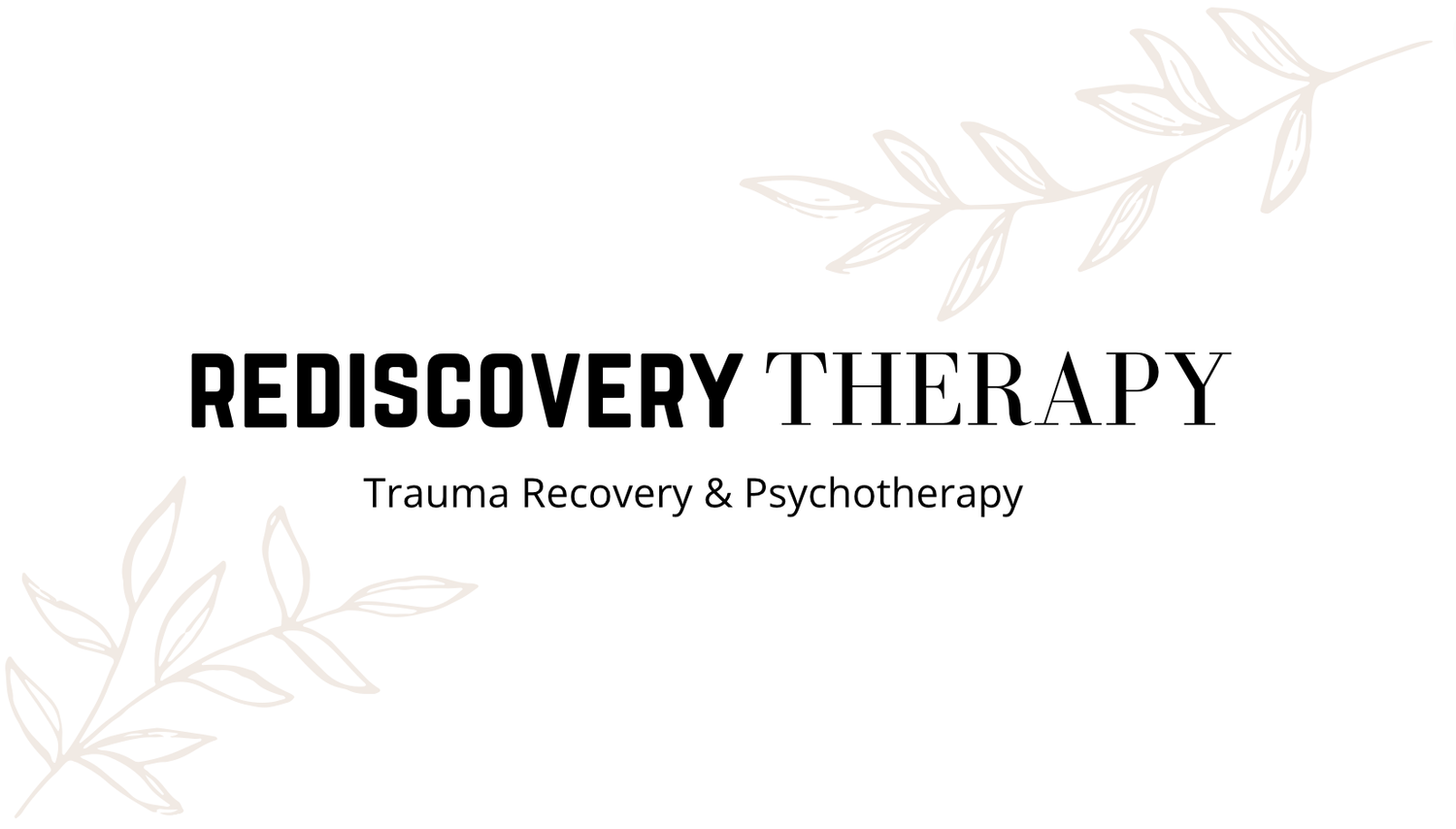Healing & Our Relationship with Food
How often do you think about food? Probably pretty regularly - at least a few times a day. Now, How often do you think about your relationship with food? For many of us, the answer might be never. The fact is, food does matter. What we put in our bodies impacts our mental state and mental health - situationally and in the long term. But Our relationship with food may matter just as much. That’s what we’re going to explore here.
Eating (and drinking) is a common coping strategy that many of us use in different ways - some more helpful than others. Bringing mindfulness into our eating can be helpful in our overall health (in our choices and digestion especially) and can help us examine how we’re ‘using’ food or drinks in our lives. We can practice mindfulness in what we choose to eat and also become mindful about the process of eating - how do you decide what to eat at any given moment, are you eating slowly, are you tasting your food, noticing cues of hunger or fullness, are you enjoying social connections while sharing a meal? Or does eating feel more like a distraction or just something to do. What happens inside of you right before you reach for a favorite snack - is there a sense of boredom, loneliness, anxiety?
Mindful eating can help us shift from using food as an escape from discomfort to using food as a source of true nourishment and enjoyment. Food is life - it’s wonderful - we need it. But if we are unintentionally using it or substances/activities as tools of avoidance, then we might be missing important opportunities to identify and tend to different needs - nutritional or otherwise.
As we begin to slow down with ourselves, we often uncover interesting INFOrmation relevant to our healing work.
And to clarify - I am not suggesting we rush to ditch all our tried and true coping and comfort strategies. Food being one for many of us. Even if we want to do that, moving too quickly can often bring up unintended consequences and only temporary changes. Those comfort strategies developed for some important reason that we don’t always immediately understand. I am encouraging us to become curious about our experience of food and eating. What might we learn about ourselves as we begin to slow down.
Practice: Mindful eating can begin with the choice and preparation of the food and continue through the actual process of eating. For this section, I’ll give you some things to think about and practice for your next meal time.
First off, slow down. As you begin to feel hungry or meal time approaches, take a pause and feel into what you actually may want or need to eat at that moment. Practice mindfully engaging your senses with the ingredients while you’re choosing or preparing your food and allow yourself to do the same while eating. What's the feeling or texture of the bell pepper or tomato in your hands or on your tongue, what different smells are interesting or enticing? Really look at your food and try to take smaller bites and savor them. Serve and seat yourself and try to avoid eating while standing, on the move, or while completing other tasks. Let meal time, be meal time. Then, remember to check in on your sense of nourishment or satisfaction.
This practice of mindful eating can help us to feel more present, aids in digestion, and can begin to shift our experience and relationships with food. If this is difficult, I’ll encourage you to be curious about that, again there may be some important information that can continue being explored.
Nutrition Takeaway: mindful eating can help us to feel more present, aids in digestion, and can begin to shift our experience and relationships with food. Mindful eating can help us shift from using food as an escape from discomfort to using food as a source of true nourishment and enjoyment.

